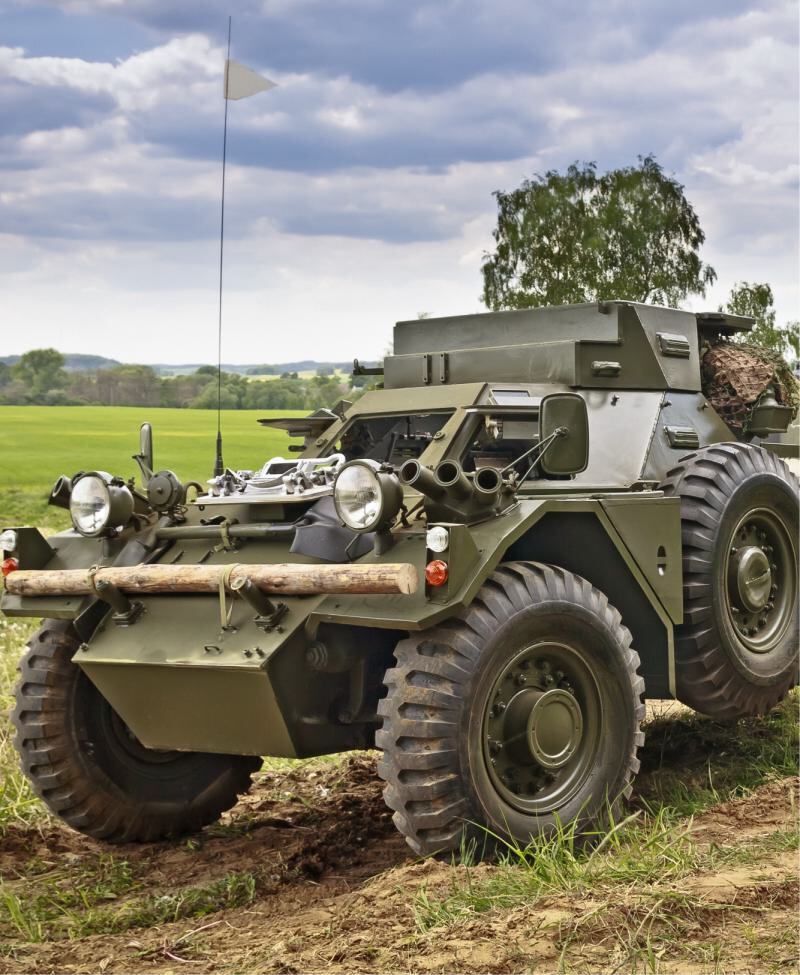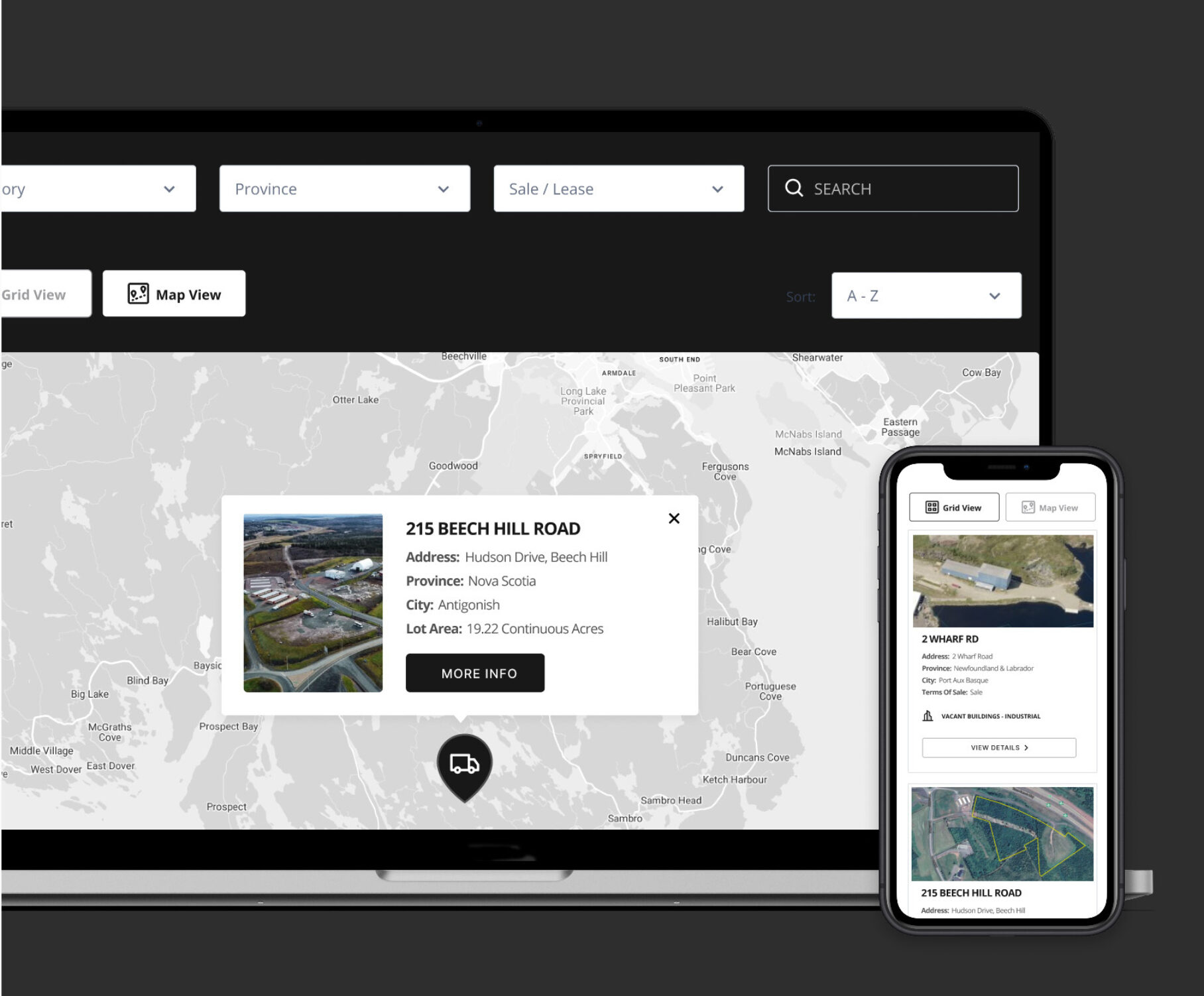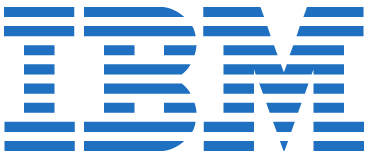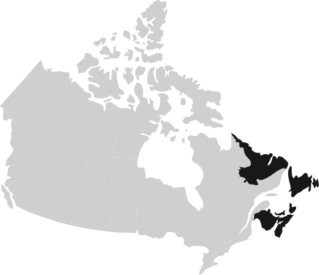
ATLANTIC CANADA'S AEROSPACE & DEFENCE SECTOR
SUBSECTOR

How it's done:
ATLANTIC CANADA'S AEROSPACE & DEFENCE INFRASTRUCTURE
Relatively lower wages make Atlantic Canada an attractive proposition for businesses. Meanwhile, Canada’s immigration-friendly outlook makes it easier to source skilled workers—and programs are in place to expedite skilled guest-workers’ entry into the country. For those local up and comers into the industry, world-class training programs provide ample opportunity to learn and advance skills, both military and civilian. Here is a snapshot of Atlantic Canada’s aerospace and defence workforce and labour supply.
The aerospace and defence industries combined account for direct employment of approximately 9,600 people and over 22,500 when including indirect employment.
Atlantic Canada employs 14 percent of the total Canadian defence industry and 16 percent of the total Canadian aerospace industry.
Regional assets include a very highly skilled IT workforce that is significantly more cost-effective than those found in other major urban centres
Atlantic Canada has a strong reputation with U.S. and European military manufacturers. Companies in the region are seen as reliable partners by their foreign counterparts, both in terms of security and of capabilities.
Thanks to the region’s strong historical support for Canadian Armed Forces, and a long-established military presence, there is a significant knowledge base for both ground and maritime systems among the available workforce.
The region’s highly specialized cluster of military simulation providers fits perfectly with the regional ecosystem’s training requirements for existing military personnel and allows crossover with the strong cyber security and IT presence.
Maintenance, repair, and overhaul (MRO) operations in the region benefit from one of the lowest-cost environments in North America.
The region is home to established and effective military training facilities, serving the needs of the Canadian Armed Forces, the Allies, and the North American Aerospace Defense Command (NORAD).
Where it's done:
ATLANTIC CANADA'S AEROSPACE & DEFENCE INSTITUTIONS AND ASSOCIATIONS
From internationally recognized military bases like Gander and Gagetown to world renowned companies like Boeing, Bombardier, General Electric, IBM, and Lockheed Martin — Atlantic Canada is at the forefront of aerospace and defence. Its industry association, Atlantic Canada Aerospace and Defence Association (ACADA), is comprised of 170+ industry members and organizations across the region.

Research and Innovation
University of Moncton

Businesses and Associations
Companies — Ground Vehicle Testing
Companies — Information Security
Companies — Maintenance, Repair, and Overhaul
Aviation Technical Services Inc.
Companies — Sensors and Simulations
Industry Associations
Keeping Good Company
Many global companies and institutions have seen the benefits of working in partnership with Atlantic Canadian companies. World-leading energy companies, the European Space Agency and the North American Aerospace Defense Command (NORAD) are just a few of the key players. Explore some of the globally recognized organizations already engaged.

ATLANTIC
Certified Sites
Atlantic Canada Certified Sites is the only site certification program that gives you access to development-ready sites in all four Atlantic Canada's provinces. View detailed property information and quickly find a site that aligns with your development needs.
FIND A SITEOTHER POWERFUL SECTORS
Life Sciences & Health
Atlantic Canada is setting new standards and inspiring future generations to push the boundaries of innovation when it comes to advancing our health. We are at the forefront of driving innovative, efficient, and sustainable healthcare solutions. Whether it’s advancing personalized medicine, transforming research into impactful patient care, pioneering breakthroughs in biotechnology, or advancing new technology for better patient outcomes, this region excels.
LEARN MOREEnergy Innovation
Atlantic Canada is a leader in 21st-century energy solutions. From harnessing wind power to exploring the potential of small nuclear reactors, the region is at the forefront of driving efficient and sustainable energy solutions from generation to distribution.
LEARN MORECyber Technology
Fast becoming one of Canada’s most significant tech clusters, Atlantic Canada has its finger on the pulse of information security, critical infrastructure security, and financial technology.
LEARN MOREOcean Expertise
A multi-billion-dollar aquaculture industry is just the tip of the iceberg. Atlantic Canada is also at the forefront of ocean technology, oil and gas, and shipbuilding.
LEARN MORETHE REGION
The Power of
Atlantic Canada
As we enter an era of a truly global economy, there is a place positioned for success — to the power of 4. Ever at the forefront of exploration and innovation, the four distinct provinces of Atlantic Canada form one powerful alliance.


















